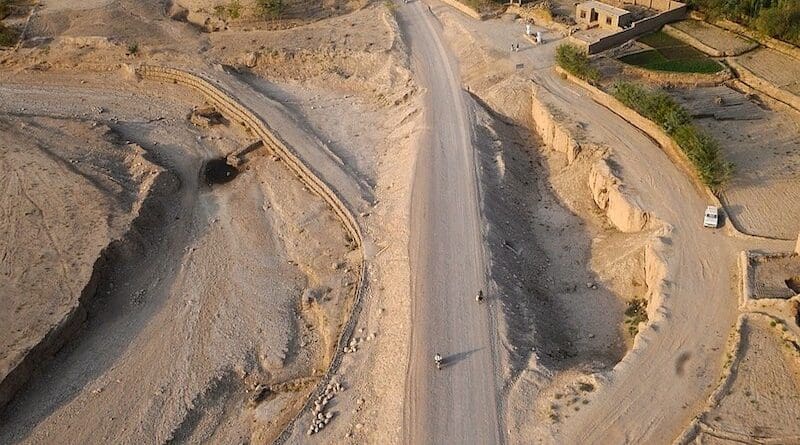After War, Afghanistan’s New Battle: Climate Disasters – OpEd
During the war, Afghanistan grappled with climatic disasters amidst competing priorities. Today, post-war, the nation confronts exacerbated challenges of climate change, contending with issues like prolonged droughts and severe flooding. The shift from wartime concerns to environmental battles underscores the ongoing and evolving struggles faced by Afghanistan.
Now, Afghanistan lacks the previous level of Western support to address climate disasters. The war inflicted extensive damage on crucial infrastructure, including roads and electricity, which not only contributed to the local economy but also had broader regional benefits.
A drought is characterized by a prolonged absence of rainfall, and Afghanistan is currently grappling with this exact challenge. Presently, over 15 million individuals are experiencing poverty or food insecurity due to the scarcity of rain.
In essence, enhancing environmental health requires an increased focus on tree plantation and implementing flood control measures through the Disaster Risk Reduction (DRR) process. Currently, water scarcity is a pressing issue, with research indicating a continuous decrease of around 6 percent.
The author witnessed firsthand in certain Afghan regions that well-digging does not always yield water, resulting in financial losses for farmers and impacting their livelihoods. While the urban areas of Kabul may have a functioning water system, in most rural areas, the tradition is to rely on well-digging. Unfortunately, in the current circumstances, this practice not only diminishes property values but also contributes to reasons justifying migration from Afghanistan.
The author, having demonstrated the current climate change impacts on the Afghan population through food shortages and a prolong drought, suggests conducting a comparative analysis with similarly war-affected countries, for example, Syria and Iraq. By examining the successes and failures of these nations, valuable insights can be gained to replicate the most effective solutions in Afghanistan, specifically addressing issues of drought and flooding.
Investing in climate change initiatives for both Afghanistan and the wider region, focusing on food production and trade, holds substantial potential for overall benefits. This juncture presents a challenging yet opportunistic moment for the Taliban to contribute to positive transformations.
This opinion exclusively presents Meladul Haq Ahmadzai’s research perspective on tackling drought and flooding in Afghanistan.

